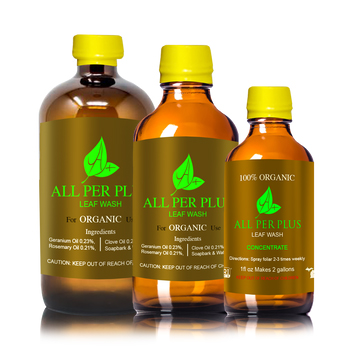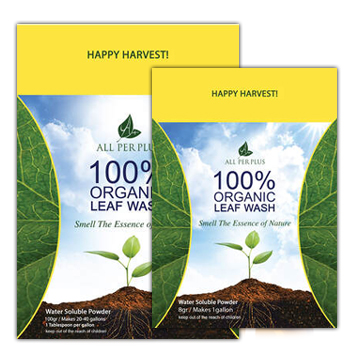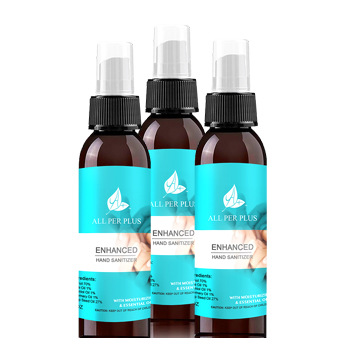Aphids, also known as plant lice, are tiny insects that feed on the sap of plants. They can be found on a wide variety of plants, including vegetables, flowers, and trees. These pests are usually about the size of a pinhead and come in a variety of colors, including green, yellow, black, and red.
Aphids feed by piercing the leaves, stems, and buds of plants with their needle-like mouthparts and sucking out the sap. This feeding can cause a variety of problems for plants, including wilting, curling, yellowing, and distorted growth. Aphids can also transmit viruses and bacteria to plants, which can further damage them.
One of the most frustrating things about aphids is their ability to reproduce quickly. A single aphid can give birth to dozens of offspring in a single week. This means that a small infestation can quickly spiral out of control, leading to a serious pest problem in your garden.
To get rid of aphids, we suggest using our organic products ALLPERPLUS. The first step is to identify the infestation early on and take action as soon as possible. One effective method is to mix 15 ml of ALLPERPLUS and water to blast the aphids off of the plants. This can be done with a pump sprayer, or a spray bottle filled with the solution. Our products work by suffocating the aphids, and can be applied directly to the plants with the lights ON/OFF.
In addition, maintaining healthy plants by providing them with proper nutrition and water, and avoiding over-fertilizing, can also help to prevent aphid infestations.
It is important to keep an eye on your garden regularly to check for signs of an aphid infestation and take action as soon as you notice any signs of trouble. By doing so, you can protect your plants and keep your garden looking beautiful.




